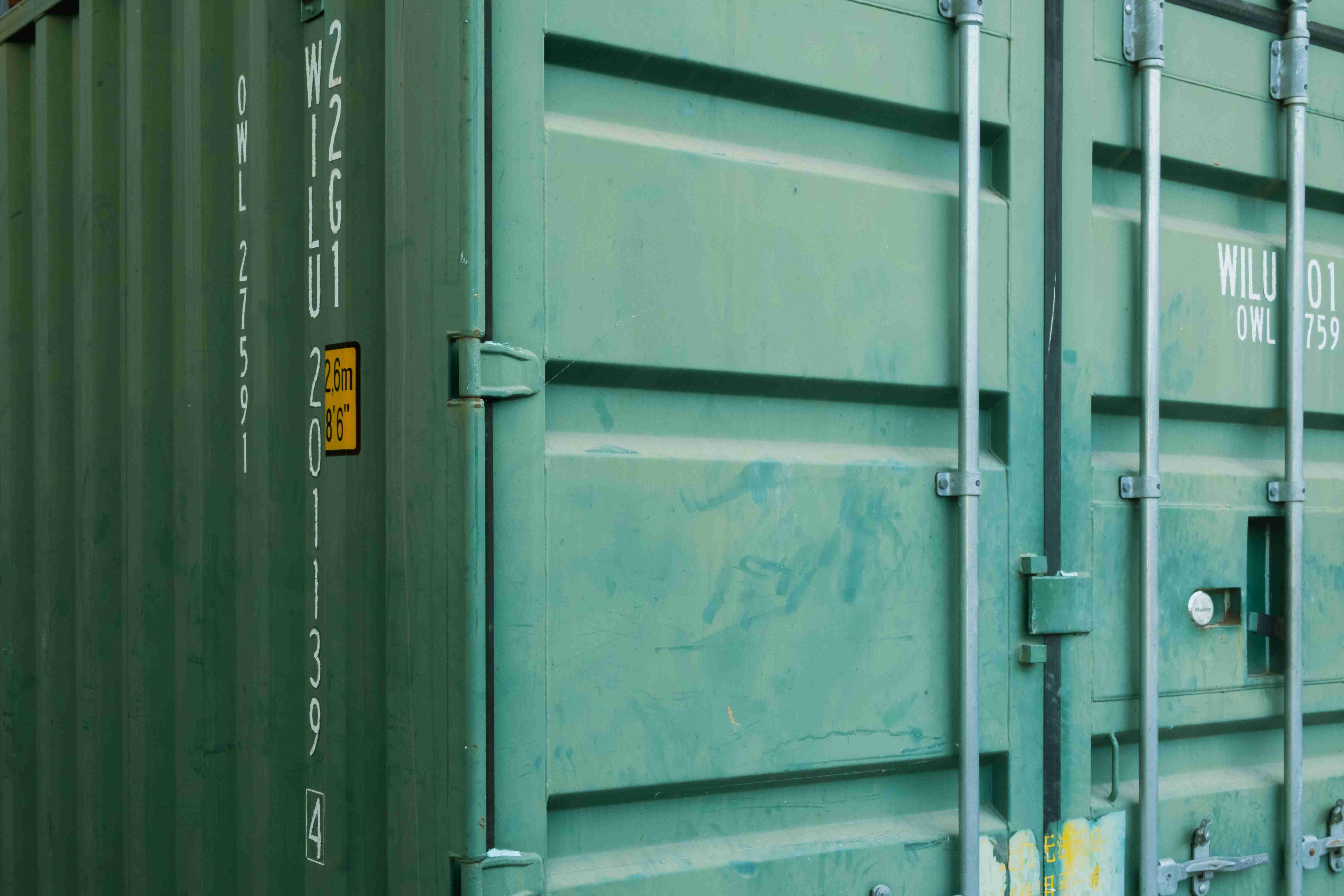

Quality Guarantee


Delivery in 2-5 business days
Proud member of


5.0 Stars on Google Reviews
Shipping containers are widely known for their strength and security, making them popular not just for transporting goods but also for use in various applications like storage units, homes, and even fortified structures. Given their robust steel construction, a common question arises: are shipping containers bulletproof?

Added: 12/02/2024
To determine if shipping containers are bulletproof, it’s essential to understand their construction:
Shipping containers are primarily made from corrugated steel. This steel is designed to withstand harsh environmental conditions and heavy impacts, but its primary purpose is to protect against physical damage and weathering, not ballistic threats.
The steel walls of shipping containers typically range from 1.6mm to 2.0mm in thickness. While this thickness is sufficient for preventing rust and handling the stresses of stacking and transportation, it is relatively thin compared to materials specifically designed to stop bullets.
The short answer is no, shipping containers are not bulletproof. The steel used in their construction can stop certain low-caliber rounds, but it is not designed to provide comprehensive ballistic protection. Here’s a closer look at how different types of bullets interact with shipping container steel:
Handguns firing small-caliber bullets, such as .22 or .38 rounds, may not penetrate the steel walls of a shipping container. The corrugated steel can absorb and deflect these rounds to some extent, especially if the bullets strike at an angle or if they hit the thicker parts of the container like the corner posts.
High-caliber rounds from rifles or larger handguns are much more likely to penetrate the steel walls of a shipping container. These rounds possess higher velocity and energy, making them capable of breaching the thin steel used in container construction.
Armor-piercing rounds are specifically designed to penetrate heavy armor and hardened targets. These bullets can easily pierce through the steel walls of a shipping container.
While standard shipping containers are not bulletproof, there are ways to enhance their bullet resistance for specific applications:
Additional Armor Plating: Adding armor plating to the interior or exterior of a shipping container can significantly increase its resistance to bullets. Materials such as ballistic steel or Kevlar can be used to line the container, providing an additional layer of protection.
Reinforced Walls: Increasing the thickness of the steel walls or adding multiple layers of steel can improve the container’s ability to stop bullets. However, this modification can be costly and may impact the container’s portability.
Concrete Reinforcement: Placing concrete barriers inside or around the shipping container can provide substantial protection against bullets. Concrete can absorb and disperse the energy of incoming rounds, making it an effective solution for creating a bullet-resistant environment.
In practical terms, the use of shipping containers as bulletproof shelters is limited without significant modifications. However, they can serve as a foundation for more secure structures:
Shipping containers can be converted into safe rooms by adding ballistic steel or Kevlar lining, creating a secure space within a larger building or compound.
For temporary or mobile applications, reinforced shipping containers can provide quick and effective protection against small arms fire and low-caliber rounds.
Shipping containers, while strong and durable, are not inherently bulletproof. Their steel construction can offer some protection against small-caliber bullets, but they are not designed to withstand high-caliber or armor-piercing rounds. For those seeking bullet-resistant properties, additional modifications and reinforcements are necessary. Understanding the limitations and possibilities of shipping containers can help in making informed decisions about their use in security and protective applications.